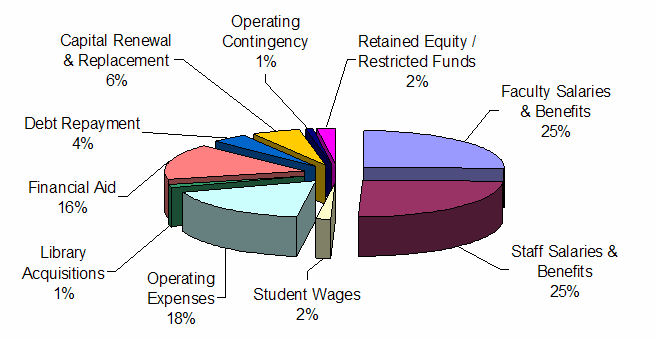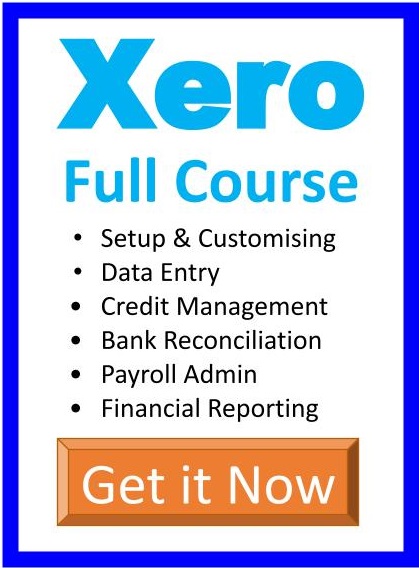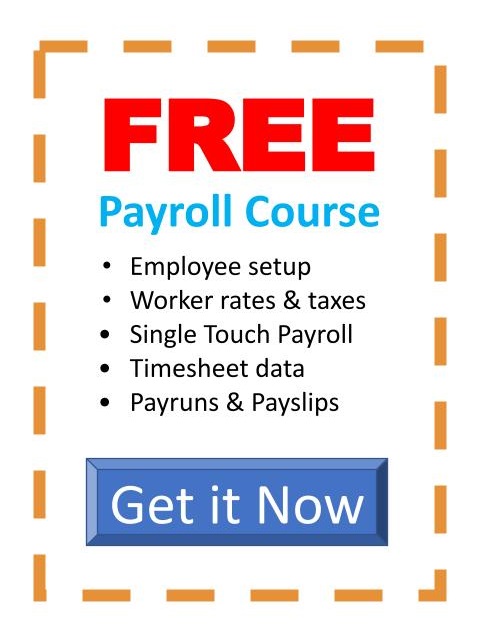 Many people baulk at having to conduct the financial planning and reporting for a business, but financial planning isn’t as difficult as you may imagine.
Many people baulk at having to conduct the financial planning and reporting for a business, but financial planning isn’t as difficult as you may imagine.
Many people hesitate at this point, often because they have never had a strong goal orientation, or they may have been taught not to ‘borrow for tomorrow’. Some people act as if a terrible curse will drop on them if they get it wrong. In actuality, the only thing that will happen is that you will sometimes get it wrong — just like everyone else!
If you feel that the idea of a business of your own is fine, you have the product and necessary will, but ‘numbers’ are just too hard, you may, in the long run, consider leaving this to a partner or professional bookkeeper. Our advice to you, though, is that you understand bookkeeping, so that you can keep a watchful eye on your progress.
The difference for you, will be that you will know how the process works and will make adjustments as you go along so that you can be less wrong over time than those who set their plan in concrete — and then berate themselves for being so far out in their predictions.
So how do you develop a financial plan for your business so you don’t go broke? In fact, how can you work on doing better than this and actually drawing a decent income from your business? What would you have to charge per hour in order to cover all the costs in running your business — and then sustain a living?
 A financial plan enables you to start formulating the costs involved in running your business. It includes aspects like your start up costs, sales forecasts and cash flow budgets. It enables you to determine the break-even sales point so you know how much profit you can expect to make. It enables you to determine your working capital and whether you need financial backing and, if so, what your sources of finance might be and at what terms. Through your financial plan you will establish what your desired returns are and how you’re going to get there.
A financial plan enables you to start formulating the costs involved in running your business. It includes aspects like your start up costs, sales forecasts and cash flow budgets. It enables you to determine the break-even sales point so you know how much profit you can expect to make. It enables you to determine your working capital and whether you need financial backing and, if so, what your sources of finance might be and at what terms. Through your financial plan you will establish what your desired returns are and how you’re going to get there.
Learn how to analyse and interpret the financial data you need to give your business the best chance of success. We’ll help you:
- Budget comprehensively; identifying the financial requirements of your business, including profit targets and cash flow projections and costs.
- Drill down into the costs of your business, including direct/indirect costs; fixed, variable and semi-variable costs; likely overheads and costs of employees.
- Determine the best pricing strategy, with analysis of your competitors; profit targets; market conditions and perceived value; and others.
- Identify strategies for the acquisition of finance; be it personal lenders; financial institutions; grants; leasing and hire purchase financiers; venture capitalists; or numerous shareholder options.
- Ensure you meet legal requirements, such as contractual arrangements; corporations, industrial and taxation law.
One area we focus on in this subject is how to properly cost your product or service. Remember that once you understand the various costs involved in operating your business you will know how much you need to make to cover all the costs.
What you’ll learn:
Looking at Financial terminology
- Profit
- Profit margins
- Mark-ups
- Profit and loss
- Budgets
- Cost of goods
- Landed costs
- Break-even
This module shows you how to price your product/service so you can discover your break-even (when you are covering your costs but not yet making profit). Break-even is NOT about when you repay your initial investment.
You also understand ROI (Return on Investment), cost of start-up, capital needed to get to a point where you are paying your bills. For importers landed cost is the STARTING point – learn how to work out how much per unit you need to sell it for and how GST fits in the costing process.
All information in this module is Vital to business management.
Subject 7: Marketing Action Plan
Small Business Management Training Course Outline Enrol Now




















